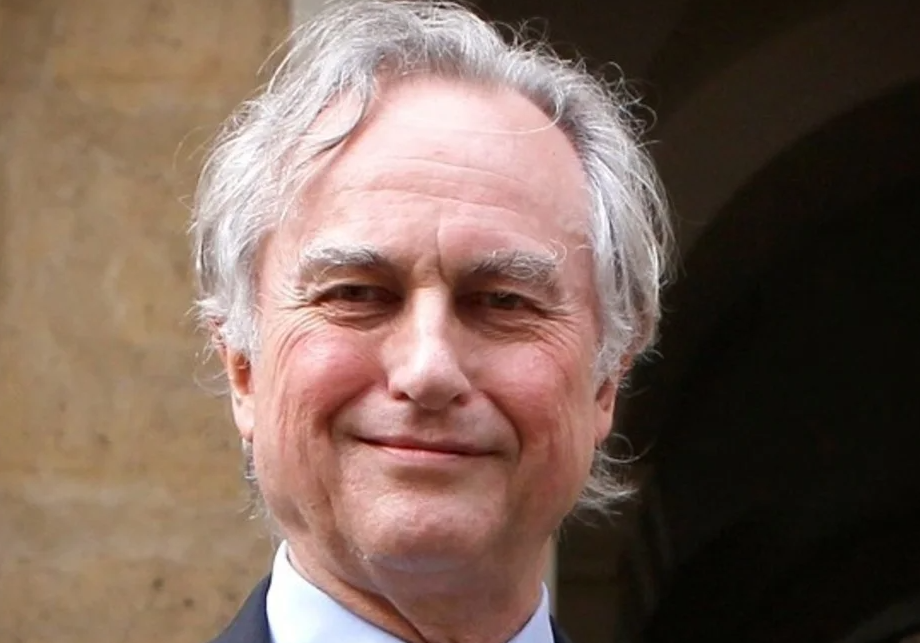Early Life and Education
Richard Dawkins was born on March 26, 1941, in Nairobi, Kenya, where his father was stationed during World War II. The family returned to England when Dawkins was eight years old. He developed an early interest in the natural world, which paved the way for his future endeavors in biology. Dawkins attended Oundle School and then went on to study zoology at Balliol College, Oxford, under the tutelage of Nobel Prize-winning ethologist Nikolaas Tinbergen, which deeply influenced his intellectual journey and career.
Contributions to Evolutionary Biology
Dawkins made significant contributions to the field of evolutionary biology with his gene-centered view of evolution, prominently presented in his first book, “The Selfish Gene” (1976). This book popularized the idea of the “selfish gene” as a way of explaining how natural selection operates at the level of genes, rather than individuals or species. It also introduced the concept of the meme, a unit of cultural evolution, which has become a cornerstone in discussions of evolutionary theory in the context of culture.
Following the success of “The Selfish Gene,” Dawkins published a series of influential books. “The Extended Phenotype” (1982) further explored his views on how the genetic influence extends beyond the organism’s body to affect the environment, a revolutionary idea that expanded the scope of evolutionary theory.
Advocacy for Atheism and Rationalism
Beyond his scientific work, Dawkins is perhaps equally well-known for his outspoken atheism and secularism, particularly highlighted in his bestselling book “The God Delusion” (2006). In this work, he critiques religion and promotes atheism, arguing that a supernatural creator almost certainly does not exist and that belief in a personal god qualifies as a delusion. The book has sparked widespread discussion, drawing both acclaim from supporters and criticism from religious apologists.
Dawkins has participated in numerous public debates, utilizing his platform to advocate for science, secularism, and reason. He founded the Richard Dawkins Foundation for Reason and Science in 2006, aiming to promote scientific education, critical thinking, and evidence-based understanding of the natural world.
Legacy and Controversies
While Dawkins’ contributions to science and public discourse are immense, his outspoken nature has sometimes led to controversy. His criticisms of religion have been considered confrontational and polarizing, and his commentary on social media has occasionally stirred public debate.
Despite these controversies, Dawkins remains a seminal figure in both science and secular advocacy. His work continues to influence a wide array of fields, from evolutionary biology and ethology to philosophy and public policy.
Conclusion
Richard Dawkins is a figure whose work bridges the gap between science and popular culture. His efforts to elucidate the complexities of the natural world while advocating for rationalism and secularism have left an indelible mark on society. His writings and public engagements continue to stimulate thought, debate, and interest in science and rationality across the globe.
